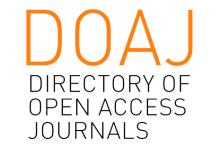Resource information
In the vast majority of cities all over the world, urban growth takes place in peri-urban spaces. City models are in deep crisis facing the disappearance of differences between city and countryside. The urban sprawl of settlements in Italy, and also in Europe, is quite different from sprawl phenomenon and suburbs basically referring to American cities. Urban sprawl is characterized by one-family houses, dispersed in the countryside and by large industrial enclaves close to infrastructures networks. Italian situation can be interpreted as a peri-urban model instead of sprawl condition. The rural-urban fringe derives from the erosion of the countryside due to the abandoned residential settlements and the industrial patterns. In the contemporary Italian urbanized landscape, urban and rural realms merge, creating complex “hybrid” types of space, consisting of residential areas, commercial zones, agricultural land, recreational and nature areas. The rural-urban fringe, an area between the city and the countryside, is characterised by spatial and functional heterogeneity and by a large amount of drosscapes, “in between spaces”, abandoned industrial buildings and sites and underused spaces without development programs. This article addressed three main questions: Are there alternatives to closure and abandonment? Is it possible to consider the recycling of drosscapes as a new paradigm in opposition to the crisis of international finances and city models? Can the networking of residual rural-scape represent the new strategy to regenerate urbanized landscape?



